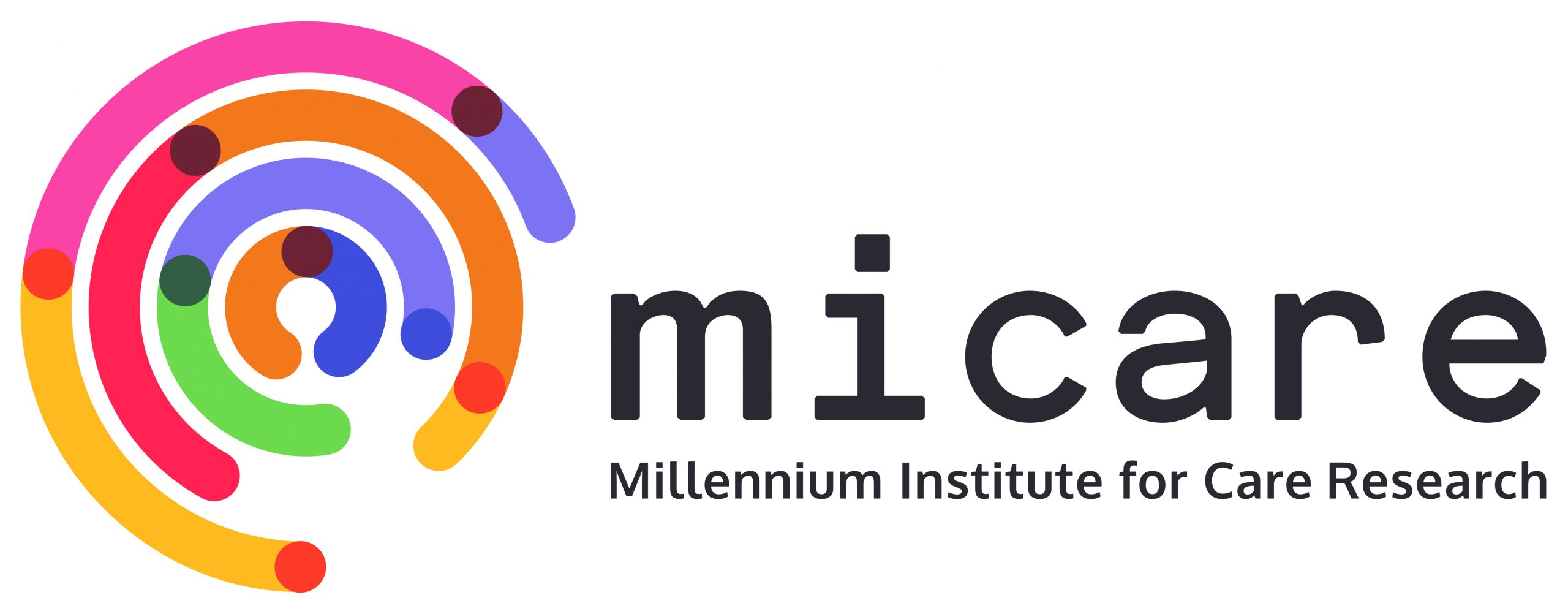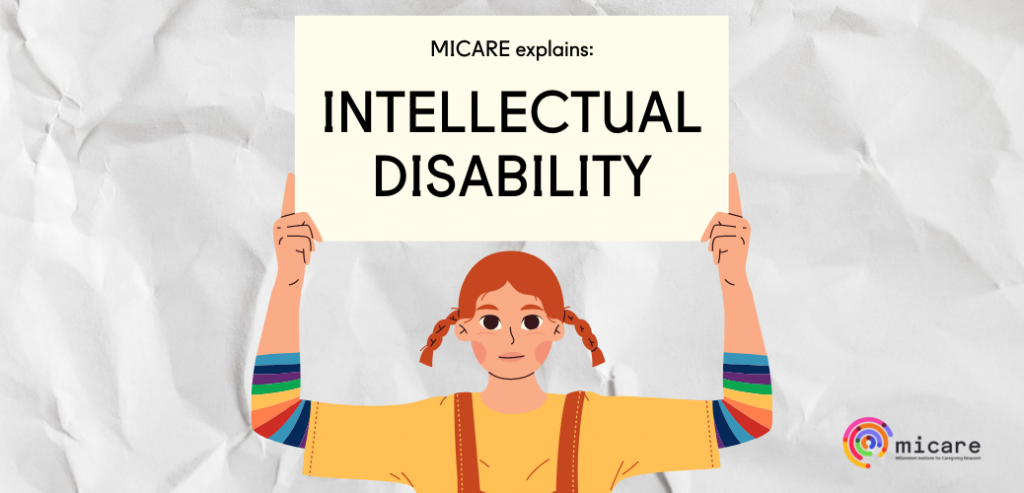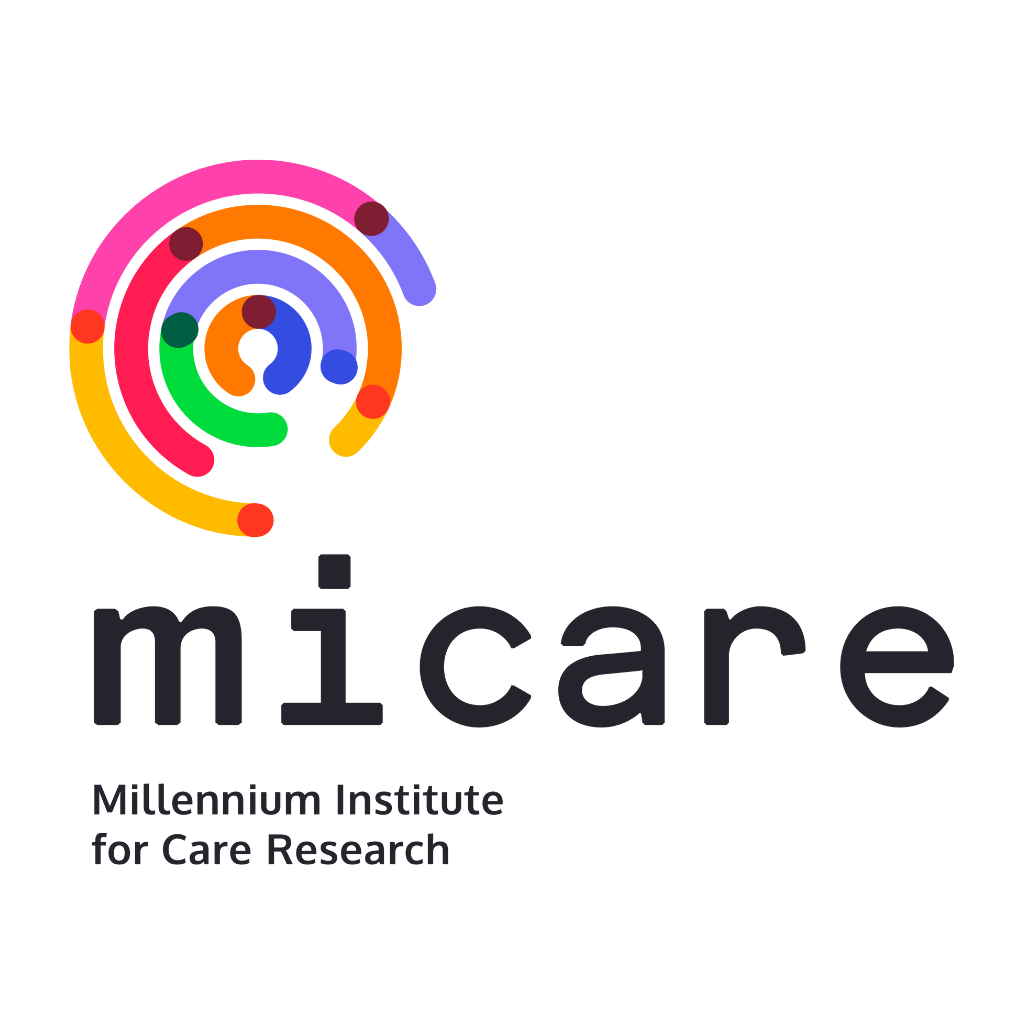Knowing what we’ re talking about is the first step in combating stigma and discrimination. For this reason, this article tells you everything you need to know about intellectual disability.
By Gabriela Campillo.
Intellectual disability is a neurodevelopmental condition characterized by the presence of significant difficulties in three aspects:
Intellectual disability due to known genetic causes:
- Down Syndrome
- Fragile X Syndrome
- Williams Syndrome, among others.
Intellectual disability due to known NON-genetic causes:
- Fetal alcohol syndrome
- Teratogenic causes (e.g. exposure to toxins or radiation)
- Infections (e.g. meningitis)
- Acquired brain lesions, among others.
Each person with intellectual disabilities is different and may require varying degrees of support for independent living. In addition, these supports may change throughout their lifetime.
Millennium Institute for Caregiving Research, MICARE.
3 BONUSES TO REMEMBER ABOUT INTELLECTUAL DISABILITY:
Intellectual disability is NOT a mental illness.
People with intellectual disabilities are citizens with the same rights and duties as other people.
All people with intellectual disabilities can make progress if they have the right supports.
Want to know more? Read this column written by our alternate director, Marcela Tenorio: “What if Intellectual Disability is not what we believe it to be?”
References:
American Psychiatric Association. (2013). Diagnostic and statistical manual of mental disorders (DSM-5®): American Psychiatric Pub.
Schalock, R. L., Luckasson, R., & Tassé, M. J. (2021). Intellectual disability: Definition, diagnosis, classification, and systems of supports (12th Edition). Washington, DC: American Association on Intellectual and Developmental Disabilities.
World Health Organization. (2021). Clasificación Internacional del Funcionamiento de la Discapacidad y de la Salud: CIF.





